|
,Spring has arrived, but is winter really over? The sun is shining, which is a start! Even with sunny days, maintaining your mental health can be challenging. There are so many causes of Anxiety and Depression ranging from situational to chemical just name two, but what if the foods you are eating are also contributing factor? What if it is a signal from your gut microbiome that something is wrong? Food sensitivities symptoms do not always show up as gut related issues. They can also show in the form of mental health challenges such as depression and anxiety, skin issues and more. What if you could make a difference in your life by avoiding the foods that are contributing to your depression and anxiety? Would you want to know what they are? Recent research studies have shown that food sensitivities can play a role in mental health conditions such as anxiety and depression. Allergy UK recently completed a study which demonstrated that people with psychological symptoms such as anxiety and depression as well as food sensitivities (foods that tested high with IgG testing), were found to have a significant improvement in their condition after eliminating those high IgG foods from their diets. In fact, 81% of those with elevated IgG levels reported an improvement in their depression and anxiety after eliminating those high IgG foods from their diet. That is significant in my books! So what is an IgG test and how do you get one? In testing for food sensitivities, blood is exposed to a panel of foods and food components. The degree of total immunoglobulin G (IgG) antibody binding to each food is then quantified. In other words, it tests the response of your immune system to each food tested. The higher the number the more your immune system reacted to the food item causing inflammation. Arranging for Food Sensitivity Testing is something I help my clients with. It is as easy as having a test kit sent to your home, then putting 5 drops of blood on a test strip and returning it to the lab via mail. I receive the results in a couple of weeks, and make a plan for my clients to get back to better health. If you suffer with depression and anxiety and would you be interested in learning how making different food choices could help you feel better with less anxiety and depression, perhaps getting an IgG test would be right for you. Contact me today to discuss if IgG testing is right for you. Helping you Explore the World of Food
Certified Culinary Nutritionist and The Food Sensitivity Coach Do you have days when you just don’t understand the way you react to some situations, or you just don’t feel on top of your game? For many people what they eat affects not just their gut and microbiome, it affects the way they process information, their emotions and emotional control as well as how their whole body feels. If you have ADHD these changes can be amplified even more. In the past couple of years when we lived in isolation due to the pandemic, a lot of people have noticed things about themselves and their loved ones that went unnoticed prior to 2020. One this I have noticed an uptick in people being newly diagnosed with ADHD? I for one am a newly diagnosed mature woman with ADHD. Since my diagnosis I have learned that a lot of older women are being diagnosed. Interesting! Why now? Well for me I was diagnosed as a result of my daughter who is in her late 30’s being diagnosed and learning there can be a genetic link. While we thought we were very different we actually share many of the same behaviours of ADHD. If you are interested in learning more about ADHD behaviours I recommend you read a book called ADHD 2.0. It was an eye opener for me, but that is not what I want to talk about today. I want to talk about ADHD and how food affects people who have it, specifically food sensitivities. My oldest grandson had some challenging behaviours from an early age. He was tested for food sensitivities when he was about 3 1/2 yrs. Once his gut had healed from eliminating those foods and foods were reintroduced, we soon learned that he could only tolerate eggs once a week, but if he had them twice he became angrier, it was harder for him to control his emotions and his reactions. Today, he is calmer, and more in control of his emotions and the way he reacts to situations. At age 6 in Grade 2 he was officially diagnosed with ADHD. It didn’t answer all the questions but it sure explained a lot! What we discovered over the next years was that certain foods, more than just eggs definitely affected his behaviour, how he felt and this ability to focus and think. My recent diagnosis made me reflect back on my life and wonder how thing might have been different. I have had food sensitivities all my life, but was self diagnosed with the wrong foods for over 30 years. It was only about 9 or 10 years ago that I had an actual food sensitivity test done and learned the foods that I am actually sensitive too! Since eliminating those foods, I can see now a distinct change in my behaviours aside from no longer having gut issues. I think I am calmer, I think clearer, I am less emotional and more relaxed and am better able to focus. In short, I think I deal with things better now than I did before those foods were eliminated. If you ask Mr. Google about foods to avoid if you have ADHD, or think you do, you will get a wealth of information. The list varies website to website and they all have different foods on the list, but at the core is foods like gluten, eggs and dairy. Gluten, eggs and dairy are 3 foods that my grandson and I are both sensitive to. Other suggested foods are chocolate, soy, beans, corn, tomatoes, grapes and oranges for example. That could be very long list and you might react to some or all. Doing an elimination diet yourself to learn what foods affect you, or self diagnosing is a challenge, because if you eliminate everything on their combined lists, it is hard to then narrow down what you specifically need to avoid, as you may not be sensitive to all of them. Then there is the problem of ingredient lists and making sure you are not getting unconsciously getting contaminated with something you are trying to avoid because you do not know all the ingredient names. So then what CAN you eat! It can be an overwhelming process. That is where having a coach/nutritionist to guide you comes into play. First having a food sensitivity test done gives you a place to start by showing what your body is reacting to a the moment, and then you need a plan of attack. How you are going to do this?That is where I come in as a Food Sensitivity Coach. I am able to order the testing, and put together a personalized plan to get your through the healing period, after which we work together then to challenge your body with the foods you have eliminated to find out ones you must continue to avoid. There is no question, it is a process, but you don’t have to do it alone. You can make a difference in your life with the foods you eat, and I am here to help. Contact me today through my website or by emailing me at [email protected] for more information. You do not have to be defined by your symptoms, be them gut related or behaviour related you can make a difference in your future. Helping your Explore the World of Food
Certified Culinary Nutritionist and The Food Sensitivity Coach HelIt has been an interesting year for me so far. Back in March this year I was diagnosed as a diet controlled diabetic! It was quite a shock! My doctor diagnosed me 30 days before he retired and left me without a doctor. He started me off with everything he could….a blood monitor and rough guidelines to follow, like don’t drive under 5! And referred me to the local Diabetes Program saying they would look after me. Unfortunately the local Diabetes Program rejected the referral because I wasn’t ‘bad enough’. So I was on my own. I found a Diabetes Research Study online funded by public health and the Diabetes Association and applied thinking they would be able to help me sort it all out. I was accepted. They started me off learning about exercise and diet, but I was already a diet controlled diabetic so…I found the information not as much help as I was anticipating. Still no doctor to guide me and help me understand what was happening in my body. Being who I am, I decided to jump in and dive deep. I learned so much as I went along questioning what I was eating and what it was doing inside my body. I learned from reading research studies about diabetes related topics, but I am one of the lucky ones that has access, the knowledge to interpret what they were actually studying and what the results meant and how they related to me. Even though I am a Culinary Nutritionist, it was still a steep learning curve. In the first 3 months after my diagnosis, I took my blood glucose as recommended and honestly only had 1 reading in the ‘high range’. It happened one morning before eating anything. How did that happen….I thought sugar spikes were caused by the food you ate? So I did a deep dive to see why that might happen. Did you know that your body produces glucose to make you wake up every morning? I have to say that morning I was feeling very groggy and had trouble waking up…interesting. So was this a rebound reaction of having a sugar low during the night as I slept, or a result of what I had to eat the previous day, or something else. As many of you know, as a Certified Culinary Nutritionist, and have a pretty good daily diet, normally. Covid was a whole different story for many of us. Too much wine, too many deserts, too many lattes, too much comfort food and not enough of exercise. Luckily my diagnosis shocked me back into my normal eating habits, but were they an issue??? Generally, I don’t consume much sugar. I use coconut sugar, which has a lower glycemic index number than other sugars. It does have the same number of sugars but with that lower number it takes longer to get into your blood stream through the digestion process, and therefore gives your body longer to produce the insulin to deal with getting it out of your blood stream to where it can be used as energy or stored as fat for future energy needs. I only use about 2 tsp of coconut sugar a day, so I had to look elsewhere in my diet to get my AIC back to normal. Of course I looked to cut out most other Covid high sugar items like wine and desserts. I have had to watch my food for a very long time and know that depriving myself of all of those things was not the route to go for me, so I still had a glass of wine or small servings of dessert when I wanted and enjoyed every sip and bite. It was a start. Then, I looked at all those foods that are converted to sugar in the digestion process, like white rice, white potatoes etc. and went to lower glycemic index foods in the same category, like brown rice and potatoes with the skins on, for starters. I also I learned to look at eating foods differently to minimize any sugar spike that might happen after I would eat those foods high glycemic foods. It has been a process but I have learned to make other changes like eating whole fruit instead of drinking fruit juice. As well, when I eat a dessert or have a glass of wine, I only do it on a full stomach. When the stomach is full it takes longer for the sugars to be digested and taken up by the block, which gives your body longer to produce the insulin needed to get the glucose not needed for immediate energy out of your blood stream. In my deep dive, I stumbled on an author named Jessie Inchauspe, who is a biochemist and wrote a book called the Glucose Revolution. Being me, I always look for the proof that something works, and scientific proof is always the best. Jessie Inchauspe is also know as the Glucose Goddess on Social Media. She has some really interesting ideas that I have implemented like consuming wine and desserts only after a meal that included fibre, fat and protein to lower the resulting sugar spike, and one of my favourite is to have a glass of water with 1 tbsp of apple cider or balsamic vinegar 30 minutes before eating which not only gets your digestive juices flowing, the vinegar also lowers any sugar spike resulting from the meal. I have known this last idea for a long time but never really understood how it affects blood sugar. I am pleased to say, that since with going back to my regular diet and all the changes I have put in place, my AIC is now in the normal range instead of the diet controlled diabetic range. I feel I am still a diet controlled diabetic, but that is OK I can live with this. Controlling sugar spikes is not just for Diabetics, it is for everyone. Having excess glucose in your blood can damage the vessels that supply blood to vital organs, which in turn increases the risks for other health issues like heart disease, stroke, kidney disease, vision problems and nerve damage. Hidden sugars matter just as much as regular sugars! The statistics are out there….many people today consume too much sugar and hidden sugars which puts their health at risk. If you had an opportunity to make a difference in your future by looking at how and what you eat and making changes today, would you take advantage of that opportunity or would you care? I care about my future! If you need help, I am here to help you look at the possibilities. If you find this blog of interest you may be interested in reading my other blogs concerning sugar: What do you Crave? What you learned from your parents? Helping you Explore the World of Food
Diane Couse, Certified Culinary Nutritionist, The Food Sensitivity Coach After 2 years of staying sheltered in place, people are getting out once again, getting into their doctor’s offices and what is happening, in light how we have been living for the past few years, is not surprising. Doctors are noticing that some of us have gained a little weight, and are a little less fit than we used to be. Some silent diseases are coming to light high blood pressure, cancer and diabetes to name a few. Blood tests are revealing that quite a few of us are now pre-diabetic or have diabetes 2, me included. I am literally amazed by the number of people in my small circle who have heard this diagnosis in the past few months, and I fear there are many more to come. Now, I AM a Certified Culinary Nutritionist and the learning to achieve that designation changed my eating habits significantly. My normal day to day diet is pretty good, but even I over the last 24 months enjoyed too many desserts, glasses of wine and Chai Tea Lattes! The biggest change in my lifestyle in the past 2 years is that I have sat far more than ever before. During the summer months last year, I was able to golf and do some bike riding, but was unable to do my normal swimming (all the pools were closed) and dragon boat paddling was limited…..Yes I am a member of a dragon boat team. Dragon boat paddling is a whole body workout and is an extreme sport, needless to say I now feel very out of shape. I am not going to say that before the pandemic I was super fit, but over the last 2 years especially in the winter months my activity was severely limited. Add to that a knee replacement last fall and I sat around a LOT! I think today, I understand better where this diagnosis came from, and where I need to go from here. So I am going to share some of what I have learned since receiving my pre-diabetic diagnosis. 1. It is not just about sugar! When we digest carbs of any kind it creates glucose which circulates in our blood stream to provide energy. At this point your body signals to your pancreas that insulin is needed to open cells to absorb the circulating glucose to use it for energy or store it for future energy needs. 2. When we consume too many carbs good or bad, we are inactive, or both, we will most likely have more glucose circulating than is actually needed. When glucose is not needed to provide immediate energy, it gets stored as fat to be ready for future energy. Hmmm, that is how it happens. When we consume more carbs than we need to provide immediate energy ....... that is why I am fluffier than I used to be. 3. As this happens repeatedly cells become resistant to opening with insulin, so the pancreas has to work harder to produce more insulin, which leads to excess insulin in the blood. Excess insulin in the bloodstream causes cells to absorb too much glucose and when that energy is not required immediately it gets stored as fat for future energy. This is called insulin resistance. Excess insulin can also cause cells to absorb too much glucose from the blood causing hyperglycaemia or blood sugar lows. The solutions vary from lowering/changing your food intake, to getting more exercise. One thing for certain we want to stabilize the amount of glucose in our blood so that we don't experience spikes or lows, either by using that immediate energy or having less immediate energy available in the form of glucose. It is definitely a complex problem with many different solutions depending on the individual. For me, I needed to drop those things I was having too regularly, speaking of desserts, wine and Chi Tea Lattes and have them only occasionally as well as watching my intake of those white carbs like potatoes, white rice etc. Healthy balanced eating is the key! Then, I know I need to get moving more to create more muscle mass. Muscles use glucose be it from what is circulating from today’s foods or what has been stored. Healthy moving! The long and the short of it all is I need to get back to Healthy Living! What about you? If you are interested in doing that with me? Let me know! I will be soon offering a Healthy Living Program to help my clients focus on healthy eating and healthy moving that will include individual and group support. Join me in taking back a Healthy Life! Read my blog post What Do You Crave? from August 2020 for more information about Sugar and How we got addicted to it. Did you know that sugar is more addictive than cocaine! Being food sensitive does not just apply to gluten, dairy and other things. Your body can be sensitive to sugar and the food stuffs that make sugars in your body! Exploring the World of Food with you to get back to a Healthy Life! Certified Culinary Nutritionist and Food Sensitivity Coach
When you are stressed it affects your digestion, how nutrition is absorbed and can cause an imbalance in your gut bacterial. Your gut microbiome controls 90% of your immune system. So in short being stressed negatively affects your immune system in a time when your immune system is important than ever. Are you stressed? Is it keeping your body in fight or flight mode? Like everybody else out there my stress level is affected by what I read in the news, good, bad or ugly. How are you feeling these days? There are so many things in our lives that are beyond our control, but cannot be ignored. Whether it is small, insignificant or as big as the world, your worry and stress levels affect your gut, your health and your sleep. Sleep is so very important to your overall health and keeping your gut healthy. Often I wake up in the middle of the night thinking about all those negative things in the past present or future that have or will have an effect on my life. The what if”s….. It is easy to get caught up in that loop of negative thinking especially in the dark of the night, and why is that? I certainly can’t explain it, but instead I try to redirect my mind to other places and times. A method I have found effective for me, to help me get back to sleep came from an interview I heard years ago about someone who was held in solitary confinement for a long period of time. He was a motorcyclist. What he did to help redirect his mind in the night, day or whenever he needed it, was to imagine he was building himself the perfect motorcycle. He knew all the components and how and where each piece fit into it. So in his imagination, he would work on his construction piece by piece, monotonous, detailed work which he could relax into. That was the key for me, monotonous detailed work that I could relax into. I am a knitter. Knitting can be relaxing and monotonous. It really depends on the project. So in the past when I was highly stressed and awake in the middle of the night, I began working on a knitting project. I can’t tell you what it was supposed to be when finished, nor the colour. I would just knit. Picking up the yarn, wrapping it around the needle and then completing the stitch. Then moving on to the next stitch. I would not get past a few stitches before I was relaxed and peacefully back to sleep. Now I recognize that knitting is not relaxing to everyone. For some people it is a stressor, but everyone has some repetitive monotonous task that they can enjoy and relax into. What got me thinking about this was a number of blog posts written by Brien-Anne Reid recently on Meditation. I had never thought that my imaginary knitting could be a form of mediation. I had also never thought that just drinking tea could be a form of mediation, or wandering in nature. Read her blog posts on Wandering Mediation, Tea Meditation, Art Mediation. Goodness knows we all need moments of quiet away from the world now and then. Your gut needs that relaxation or meditation as much as your mind to keep it healthy and take you out of fight or flight mode. There are just so many things in your life and the world that you cannot control. The one thing you can control is how you react, and whether or not that reaction causes stress in your body. Perhaps small meditative moments are the key. Exploring beyond The World of Food with you! Diane Couse, Certified Culinary Nutrition Expert and The Food Sensitivity Coach
Today is Groundhog Day!
The question of the day is whether or not the ground hog will see his shadow, dictating that there will be 6 more weeks of winter or that we can expect and early spring. How in the world did they ever settle on Feb. 2nd as the day groundhogs should wake up from their long winter’s nap. Could it naturally happen on that day, I think not and do those projections hold up to be true? Who knows! And does it matter, we know spring will come….eventually. For some people Groundhog Day like the movie is reliving the same day over, and over, and over again. Hmmm, that certainly feels something like what we have been living for the past couple of years. Sometimes I go to bed thinking that I will wake up the next day and it will all be a dream, only to learn that it isn’t, it is my real life. As a person with food sensitivities, I think back to when I thought I had it all figured out, so why explore further. I wished I could go to bed and the next morning all my symptoms would be gone. Yet the symptoms continued. Like the groundhog I would just go back to my sleepy routine and try to forget it wasn’t happening, thinking that it couldn’t get better and I just had to live with it. This year of all years I stumbled on this great graphic 'Feb. 2nd was the day to WAKE UP!' That is right, wake up and come to the wide awake realization that your life does not need to be defined by your symptoms. Just because you have not had success solving your puzzle and everywhere you have sought help, didn’t really help or make a difference, don’t accept it. It is time to wake up and keep seeking a solution. No matter how many professionals you see, or how many new ideas you try a solution is out there. I’ll say it again: Your life does not have to be defined by your symptoms! The one thing that made the biggest difference in my journey to health was being open to having an IgG test to learn what foods my body was reacting to and causing inflammation. Now there are many people out there who will say those tests are a waste of money they don’t identify anything real. I can tell you, the people who say those things have not had an experience like mine. Having an IgG test done changed my life! I went from being a person who never knew when diarrhea was going to hit, to a person who no longer has gut issues. After eliminating all the foods I was sensitive to for a period of time and allowing my body to heal, I gradually added back in my choice of foods. What I learned is that there are still foods that I must avoid, but today by following my personal plan I am healthier, sleep better and feel better than I ever have before in my life. The nay sayers have not had an experience like I have lived through and come out the other side to enjoy health, happiness and wellbeing. So today I say, WAKE UP! Your life does not have to be defined by your symptoms or anyone else's opinions! Be open to the possibilities. Don’t be a ground hog and just go back into your burrow until it happens again. You have the ability to change your future. Keep seeking, questioning, hoping and searching for your own solution and know that research has proven that 65% of all IBS diagnosis have been found to be caused by underlying food sensitivities. I am here to help! Exploring the World of Food for better health. This is always a stressful time of year for people with food sensitivities.
When I was growing up before food sensitivities happened, Christmases centered around the wonderful world of foods that my Mom and my Aunts would make for us to enjoy on Christmas Day. To be honest my Mom started baking much earlier! September was reserved for making fruitcakes and Christmas puddings that needed to be ‘aged’ with some boozy liquid or another. Never fear the kids getting alcohol as none of us would touch that stuff. We left it for the adults, who would rave over the efforts of the baker. My Mom started the real Christmas baking in early December, and often had to replenish the supply before the day arrived to share with the other families. Back then my whole family lived reasonably close to each other so we would regularly gather to share a meal. The adults would chat away and solve the problems of the world while the kids ran wild. Fast forward to a time many years later when I developed food sensitivities. Big family Christmases and other celebrations were not as common as we were all spread out across the country. When we did have big celebrations having food sensitivities often made me feel excluded, always invited but bring your own food please. Rarely was I able to enjoy the family baking efforts as they were now guaranteed to make me sick. There was a lot of quiet explaining to do regarding the fact that my food sensitivities were real and not a choice, and I was not trying to be difficult. So for many years I would take my own food, and would eat at the table with everyone else,….just to watch everyone eat the foods I so dearly wanted to eat too. Sometimes I would bring the recipes of the foods I was enjoying to share with the host and others, but no one ever took it on that the whole meal could be made everyone ‘friendly’. Later after I had children a wonderful thing happened. I was able to hold Christmas! I was able to plan the menu to include my favourite foods Gluten Free, Dairy Free, Egg Free which everyone could enjoy. So by taking control I was able to be included and include others as well. Between the years of taking my own food, and taking on the event, were the years where my immediate family decided to focus more on being with the other people, then on what we were eating. An amazing thing happened. We played games, we played cards, we went for walks, tobogganed and much more. We celebrated each other rather than the foods we were to eat that day, and it was wonderful. One service I offer today comes out of all this, and that is recipe creation with a specific person in mind. You can do it yourself with a little research, or I can do it for you, but what it means is that you can make something special for someone, and give them the recipe as a gift. I once made a cupcake recipe for a friend’s birthday, baked the cupcakes and give her the recipe and cupcakes as a special gift. I cannot tell you how amazed she was at her birthday gift. Including people with food challenges is a special gift you can give, and your effort will be appreciated for many years to come. Whether it is swapping out an ingredient that you usually use, or trying out a whole new recipe, you have the ability to extend a hand to include the food challenged person in your life. In this year where we may not be able to gather together as we might wish to, remember maybe it is not about the food, but just simply finding a way to be inclusive and be together whether in person, or virtually, inside or outside. The gift of kindness is never overrated. Wishing you all the best in this Festive Season, with Health and Happiness in the coming year. Diane The Food Sensitivity Coach and Certified Culinary Nutrition Expert Helping you Explore the Wonderful World of Food! Garlic has been used for medicinal purposes for thousands of years. It has many health benefits, but the most important for me is that it boosts in your immune system to aid in preventing colds and flu, and reduces the length of those illnesses should you get sick. With cold and flu season quickly approaching, I think it is something we all need. Garlic is a vegetable that belongs to the Allium or Onion family that includes shallots, leeks, chives and of course onions. I don’t think many of us eat it as a vegetable, instead it is most often used as a herb or spice. The garlic plant produces not just a bulb of cloves, it also produces scapes which are the green part of the plant, similar to the green part on green onions and leeks. Did you know that Scapes are low FODMAP? That means that even if you have gut issues and cannot tolerate eating garlic, you can still enjoy the garlic flavour and immune boosting qualities by using scapes. Scapes are generally harvested in June and can be found in farmers markets at the beginning of the season. I actually found some at a farm stand last week at the beginning of Sept. Scapes like any other vegetables can be frozen enjoyed throughout the year. Storing this year’s Garlic harvest! This time of year the garlic crop has been harvested for the winter, and our farmers markets have an abundant supply. I don’t know about you but I hate it when my garlic buds begin to sprout. Until this year when I actually had a good conversation with a garlic grower, I thought that my garlic just needed to be stored in a cool, dark place. Little did I know that in addition to that, the space needs to be dry! Humidity encourages the bulb to start sprouting. WOW, that was a game changer because I don’t think I have a dry spot in my house. Certainly not my kitchen where I was storing my garlic. I don’t know about you but my kitchen is neither cool nor dry - ever! My ‘cold’ room in my basement is cool to cold depending on the time of year, and dark, but again is never ‘dry’ as it is in my basement which even with a dehumidifier running is somewhat humid. So I asked my garlic grower where? He replied that the best temperature to store your garlic is 33 F or 0 C - just below freezing and the light bulb went on! What about my fridge or freezer? My fridge is cold but not that cold and it is humid. However he did say it could be stored double bagged in a crisper to slow sprouting, but the best would be to store it in your freezer! Freezing at the peek of freshness preserves all the goodness of your foods including many fruits and vegetables. Being the person I am, I needed to confirm this wisdom, so I started to do some research to find out ‘could I really store my garlic in my freezer’. The good news is YES you can! The biggest problem in my freezer again is moisture. You know that white frost that builds up on the outside and inside frozen containers. My garlic farmer had the solution! If you want to store your garlic in your freezer, double bag it. Put some cloves in one bag or container and get as much air as possible out before you seal it. Then put that container or bag inside another bigger one, and again get as much air as possible out. A straw with a ziplock works pretty good if you don’t have one of those fancy machines that removes the air for you before it seals the bag. Then when you need some, you just remove the small bag of heads and put the sealed larger bag back with excess air removed back in the freezer. So I keep the small bag of garlic heads in my fridge freezer, and the bulk of my garlic is stored double bagged in my big freezer. When frozen the garlic skin comes off very easily after the tip and root are cut off, then you just chop the frozen cloves as normal and use in your recipe. There is no need to thaw before using. Oh, and keep the cuttings and skins along with your vegetable scraps in the freezer for when you need to make broth so no goodness is wasted! An observation I made when cooking with garlic that has been frozen, is that the garlic turns more translucent than fresh, but the flavour and aroma remain unchanged. Love it! So this year I have 5 lb of local organic garlic stored safely in my freezer to be enjoyed throughout the winter and there will be no sprouting happening in my house this year! :) How will you store your garlic this winter? Put a quick note in the comments to let me know......... Helping you explore the wonderful world of food.
Many people today have diets deficient in 3 things, protein, fibre and water. If you can make changes in those 3 areas alone, you will move toward more optimal health, and it is so easy.
To help you begin your journey eating the right amounts of protein and fibre, while drinking your 8 to 10 glasses of water, I am offering you a free Healthy and Affordable 3 Day Meal Plan complete with recipes and a grocery list. Enjoy! And remember I am here to help if you need me. My name is Diane Couse, I am a Certified Culinary Nutrition Expert and The Food Sensitivity Coach. I am passionate about helping people Explore the Wonderful World of Food, whether is it discovering a food sensitivity to help them heal or just finding a way to eat a more balanced diet to move toward more optimal health, I am here for you!
This time of year my skin is always at the top of mind, what about you? Here are some fun facts about your skin, along with a list of foods to avoid, and foods you should be eating to support skin health. At the bottom you can download a Free 3 Day Meal Planner to Show Your Skin Some Love. The meal planner comes complete with a grocery list and 15 recipes to make getting started easy. A download link is provided in the registration response. Fun facts about the average person’s skin. It:
Foods you should be avoiding to support Skin Health
Foods you should to be eating to support Skin Health
Putting this all together can seem like a challenge, so to get you started off I have for you a downloadable Free 3 Day Meal Plan to help you Show Your Skin Some Love. If you would like more guidance once you have completed this 3 day meal plan please make sure to reach out to me. I am here for you! Exploring the World of Food with you. Diane Couse, Certified Culinary Nutrition Expert and The Food Sensitivity Coach
|
Details
The Food Sensitivity CoachI am passionate about exploring the world with a view to food allergies and sensitivities. I look forward to sharing with you what I find, from books, blogs and websites to recipes, hacks, inspirations and opinions, join me in a journey to live your best life. Archives
April 2023
Categories |
HoursOpen for consultations 10am to 5pm EST
|
Telephone |
|

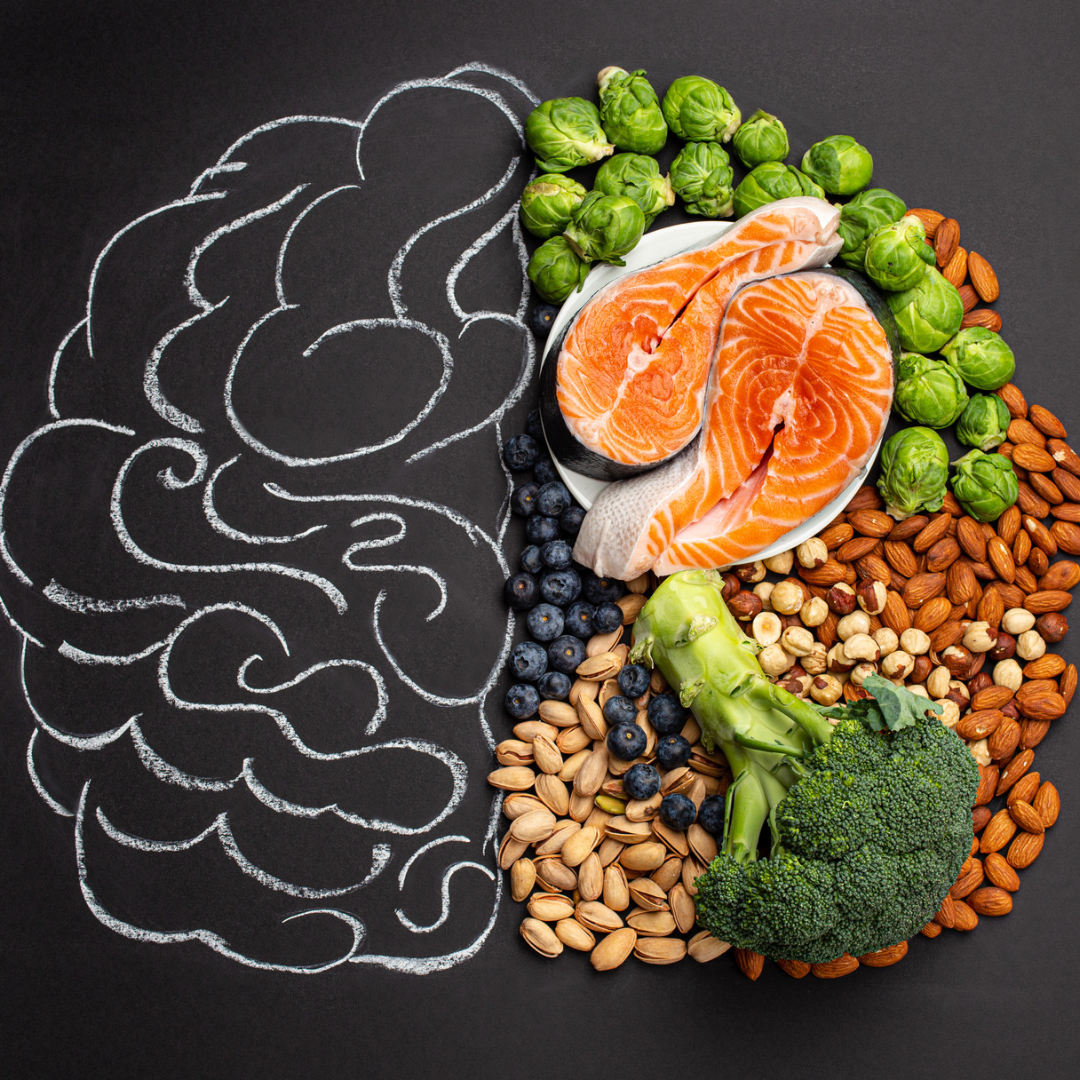

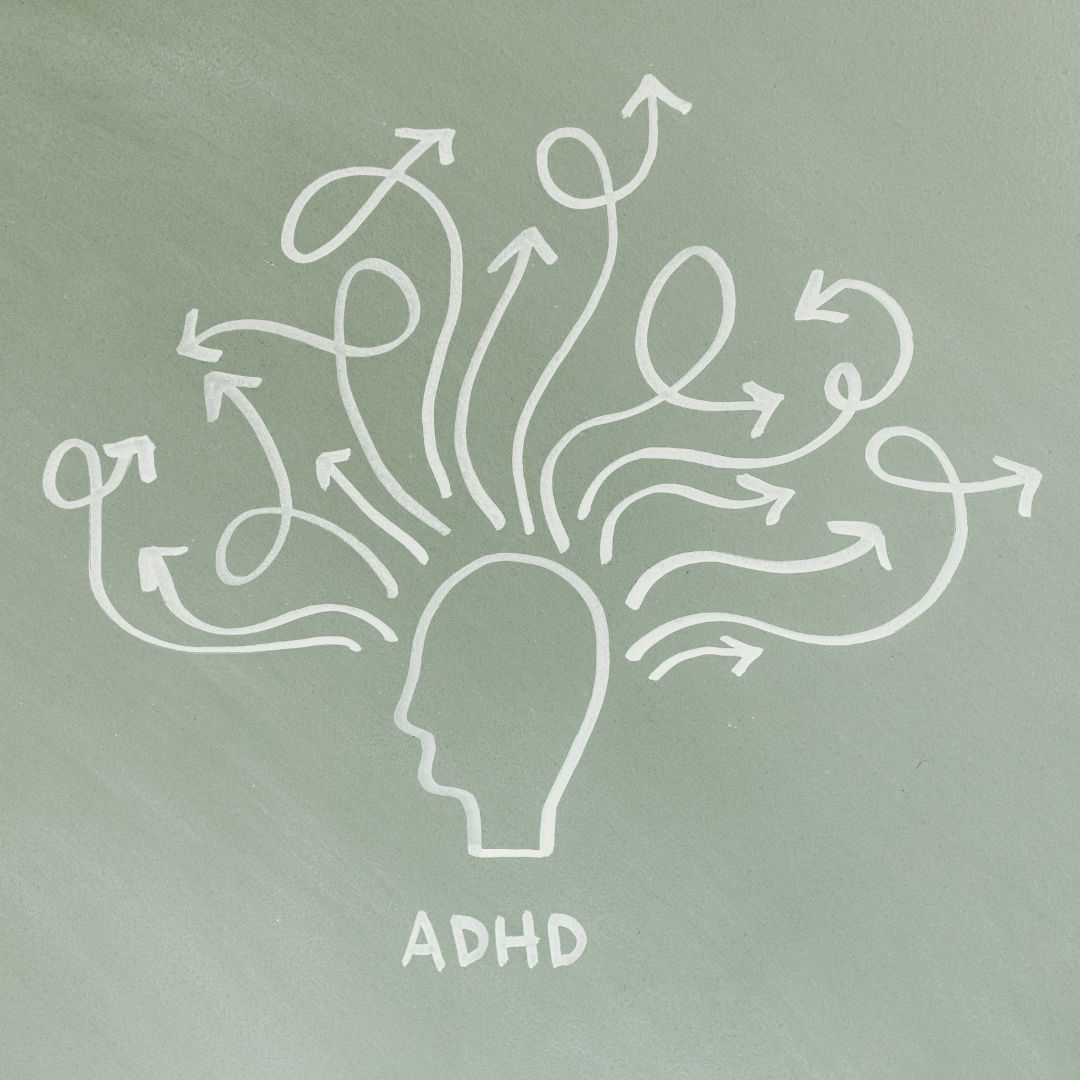

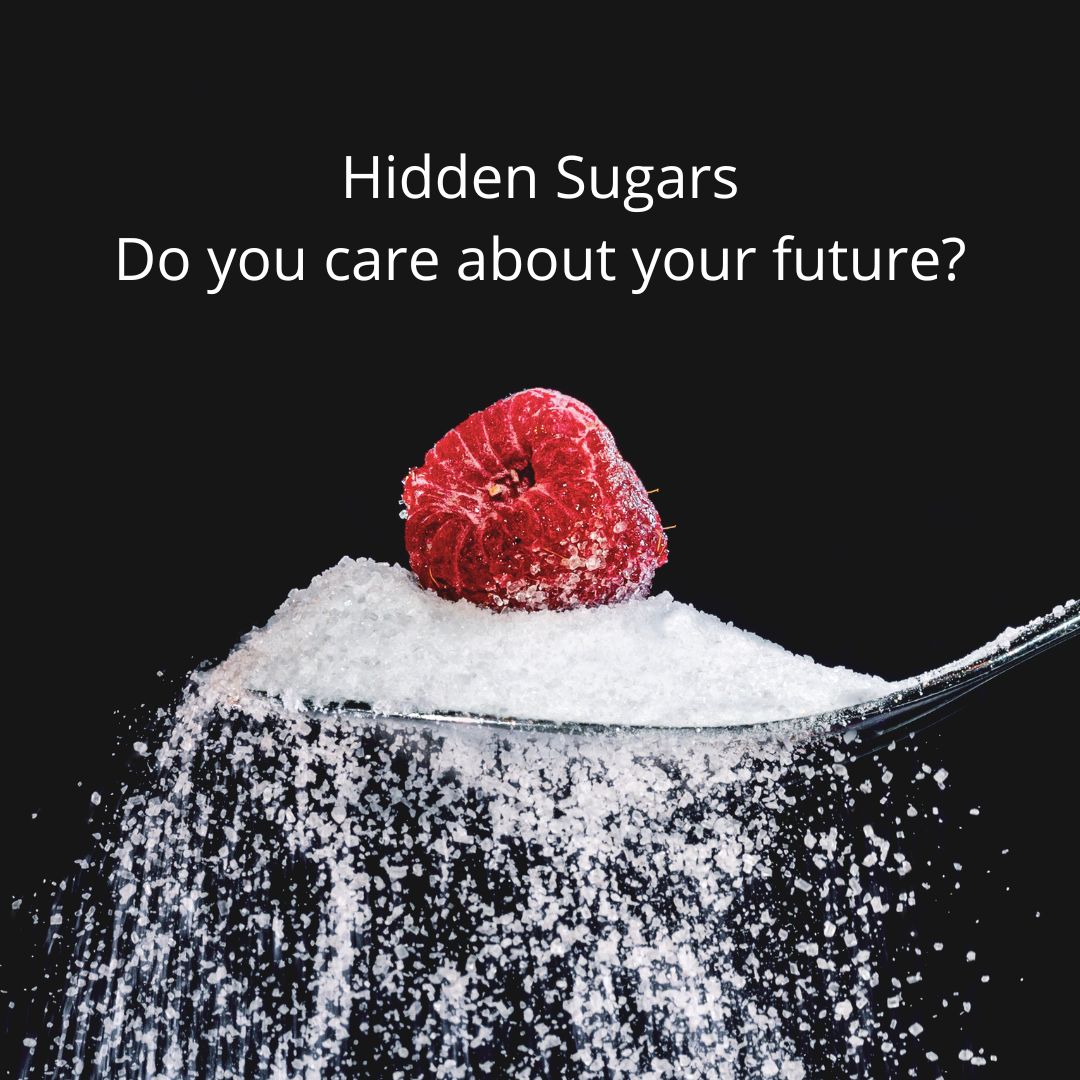

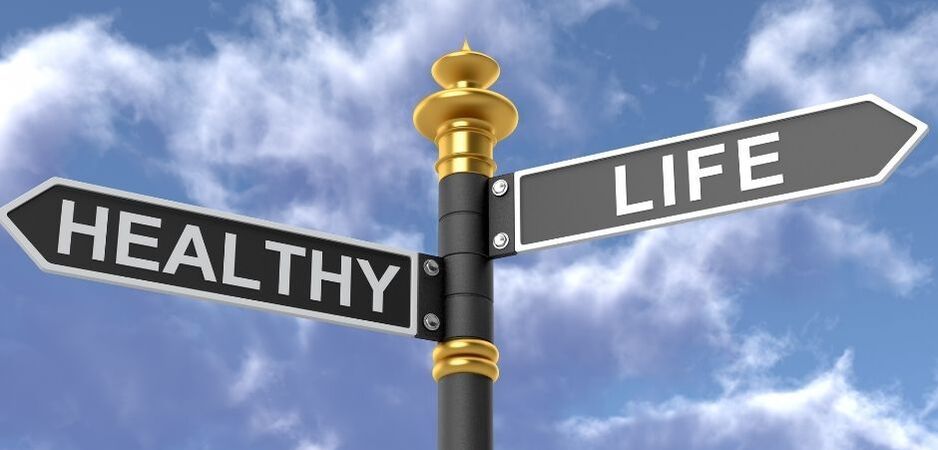






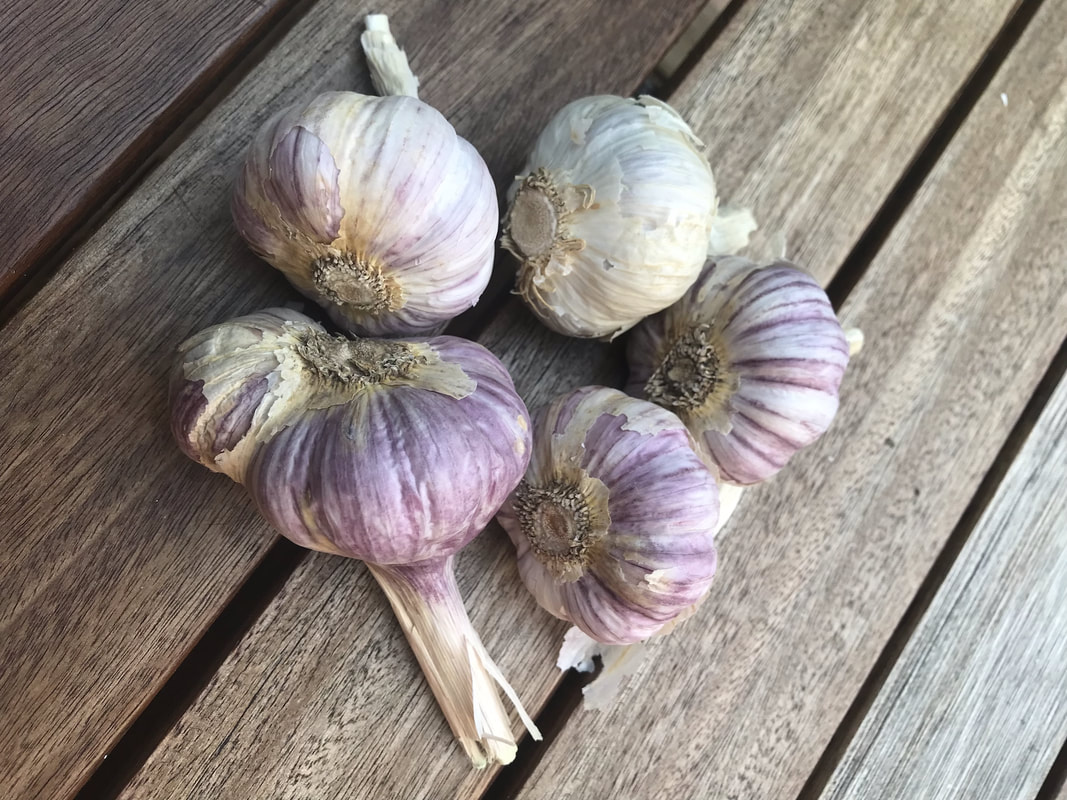
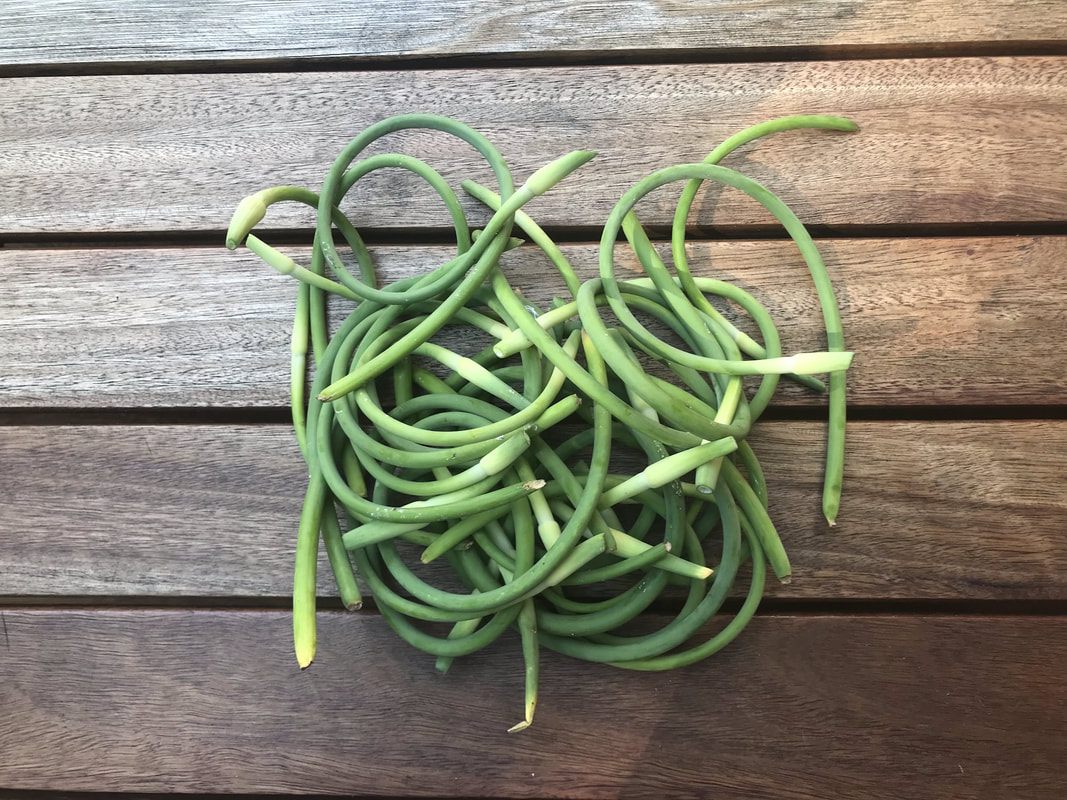


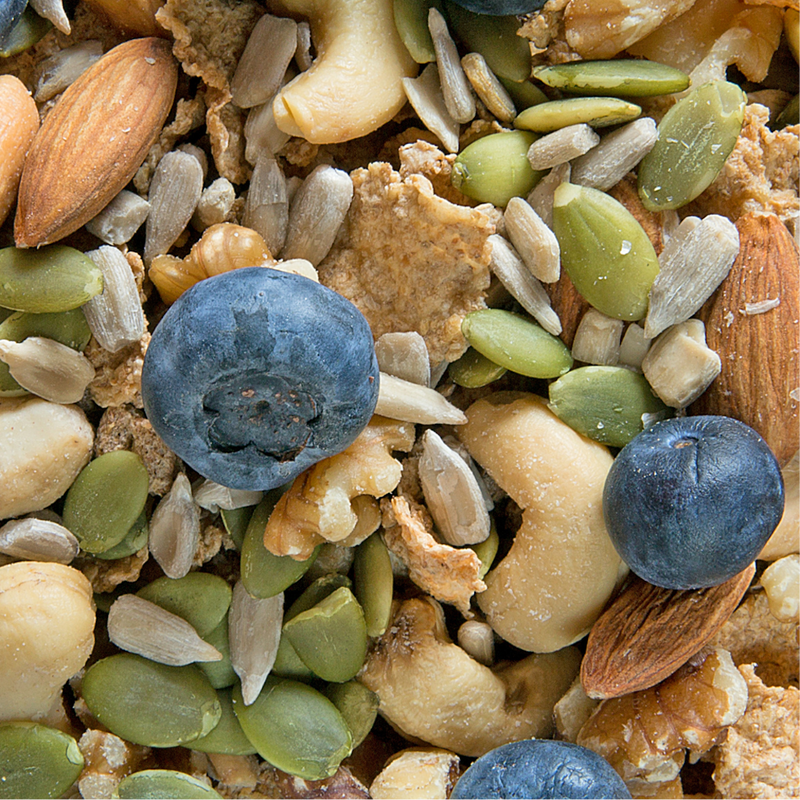
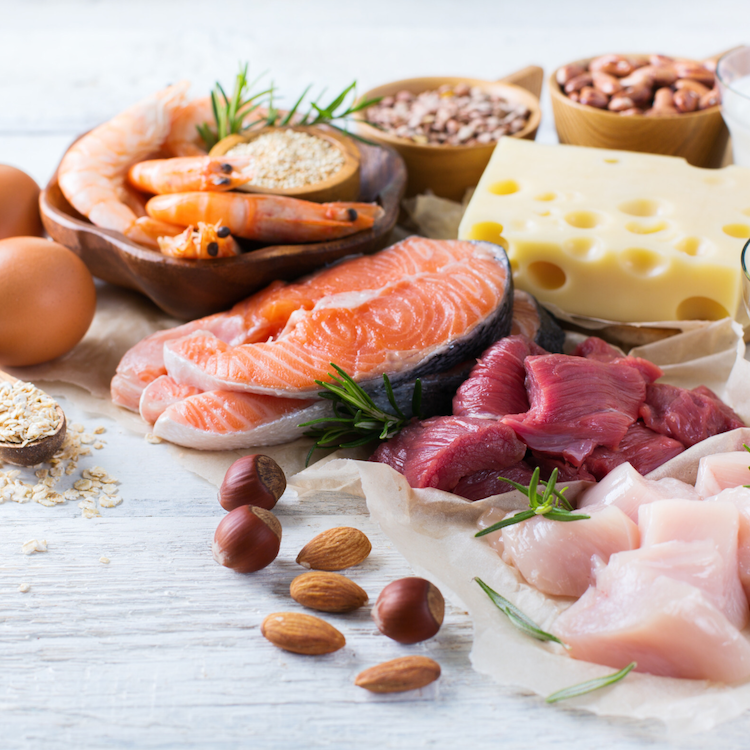



 RSS Feed
RSS Feed